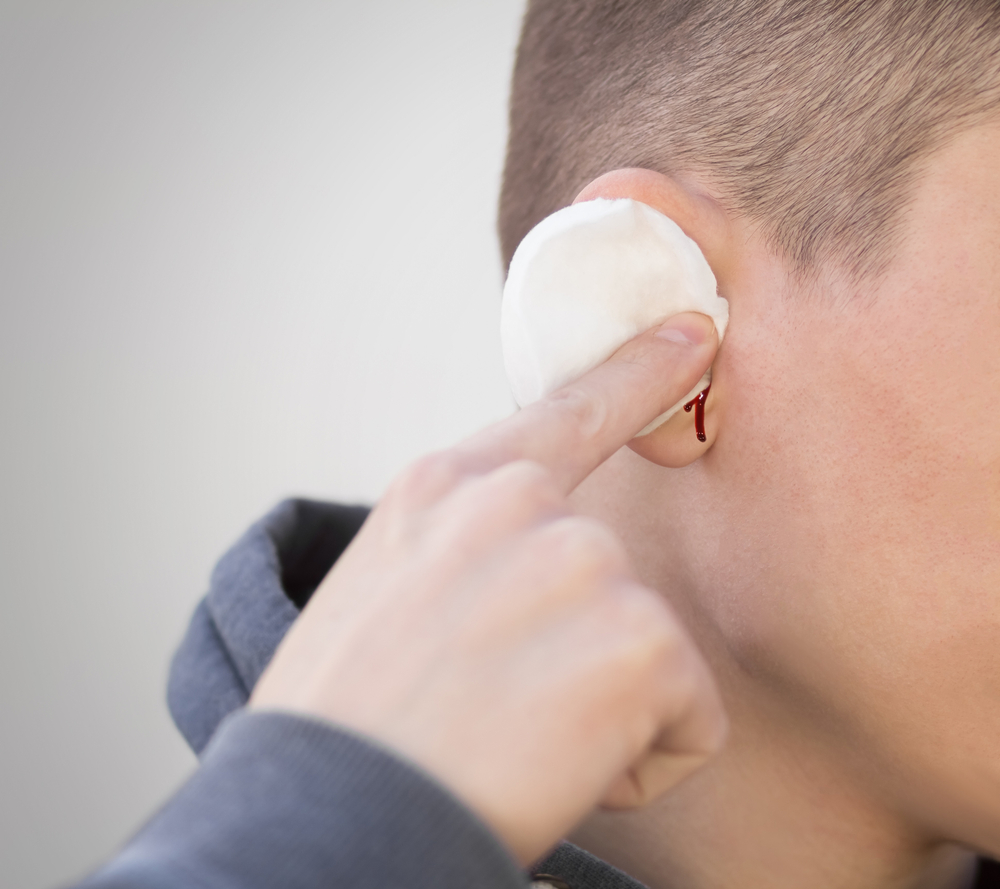Damage to your ears and damage to your brain doesn’t always start off related. But over time, something as simple as hearing loss can become a significant risk factor for cognitive decline, up to and including dementia. Which… is not a super fun thought, right?
Because of the way it affects your brain, untreated hearing loss can often cascade into a series of other cognition or health-related issues. Preventing these related issues is just one of the reasons why seeking out treatment for your hearing loss is so important. And, in this case, knowing why hearing loss can cause dementia can help you diminish and control your overall risk.
What is dementia and what causes it?
Dementia is a general term for mental decline severe enough to interfere with your daily life. The symptom that most often springs to mind is memory loss–but it’s not the only issue associated with dementia (which can also include changes in personality or severe mood swings). The most common form of dementia is Alzheimer’s disease, which is a very specific decline in the memory and thinking centers of the brain.
The exact causes of dementia are difficult to pin down. The brain, after all, is an incredibly complicated organ–and there is any number of things which might cause it to malfunction in specific ways. That’s why most research concentrates on identifying specific risk factors–issues or behaviors that don’t cause dementia on their own, but which could increase your risk of developing dementia later in life. Some known risk factors include:
- Diabetes
- Anxiety
- Depression
- Lack of exercise
- Head injuries or traumatic brain injury
- Hearing loss
How is hearing loss causing dementia?
Why is hearing loss on that list? And how does it cause dementia? These are highly relevant questions. Research conducted by the National Taiwan Normal University found that those who had diagnosed hearing loss developed dementia about 20% of the time, while those with perfect hearing developed dementia closer to 13% of the time.
So, hearing loss is a risk factor. And it may have something to do with how your brain changes when you’re no longer able to hear. When you develop hearing loss, you begin to strain to hear everything you’re supposed to hear. It takes more work, and your brain has to change the way it operates. And it’s those exertions and alterations, some researchers believe, that leave the brain more vulnerable to developing dementia later in life.
There are other ways that untreated hearing loss can negatively impact your mental health–an increase in social isolation being one of them. That’s why most researchers recommend a twofold approach: protecting the hearing you have and treating any hearing loss you may develop.
What can I do?
If you’re at an increased risk for developing dementia, you need to treat the risk factors. For example, make sure you treat diabetes if you have it. Exercise regularly. Engage in social activities, and get help for anxiety or depression.
There are also several concrete steps you can take to protect your hearing and to treat any hearing loss that might be developing:
- Get regular hearing screenings: A hearing test or a hearing screening can help you spot any deterioration in your hearing in the earliest stages. Even if your hearing is perfect, a screening can help establish a baseline against which to measure any changes in the future.
- Consider protection for your ears: If you are exposed to high-intensity sounds (or to moderate intensity over a longer period of time), it is vital that you wear protection, such as earplugs or earmuffs, to protect your hearing over the long term.
- Determine whether you need hearing aids: If you’re already noticing some hearing loss, hearing aids can be a vital tool in preventing an accelerated cognitive decline. With a hearing aid, your hearing won’t have to strain your brain so much to hear what’s happening around you.
- Stay active. Make sure you are socially active on a daily basis and using your brain. Physical activity also seems to help.
Remember, the connection between hearing loss and dementia isn’t a sure thing–it’s just linked to an increased statistical risk.
But keeping an eye (or ear) on the risks associated with hearing loss and cognitive decline can help you stay on top of your mental health. And that is a happy thought.



